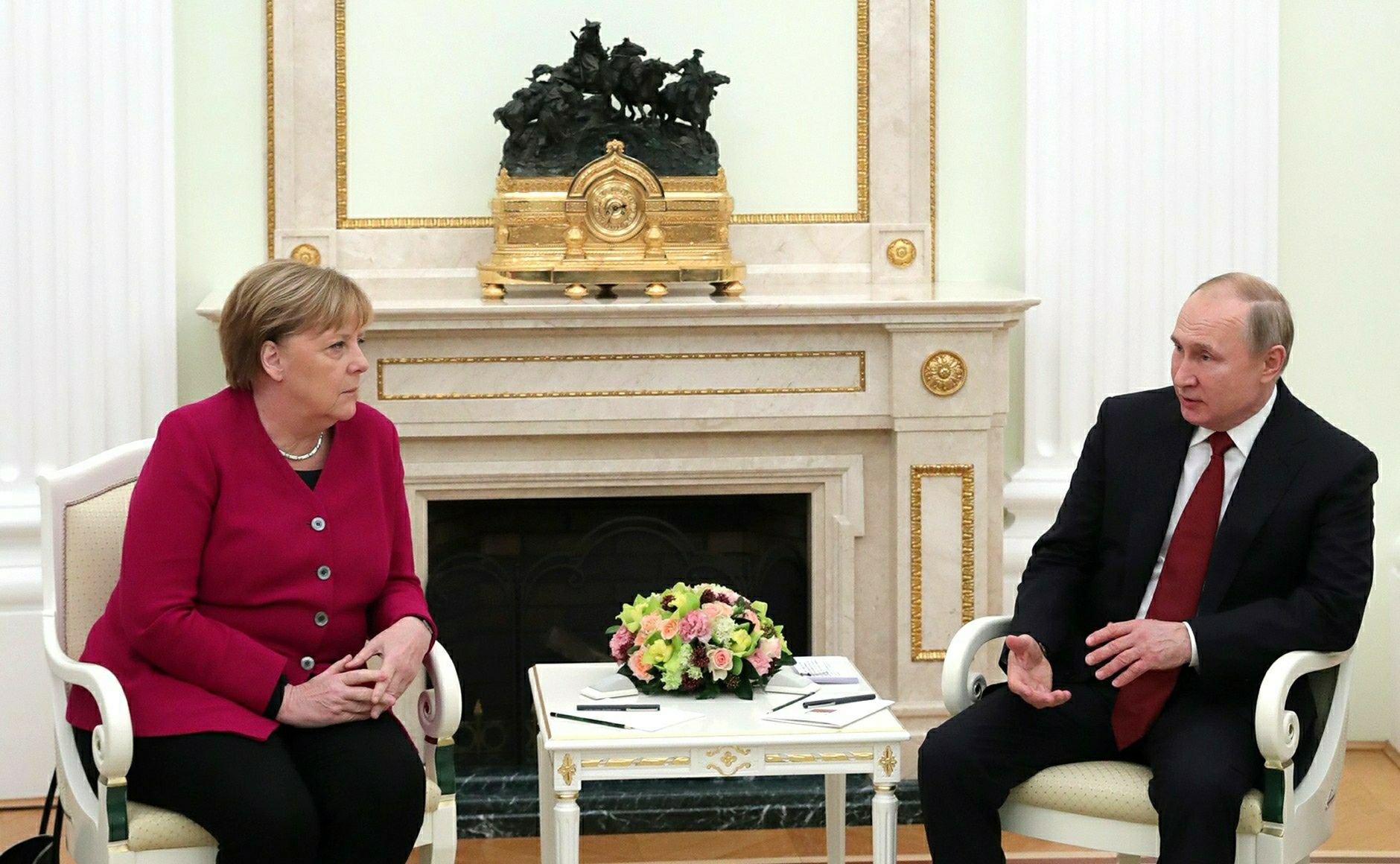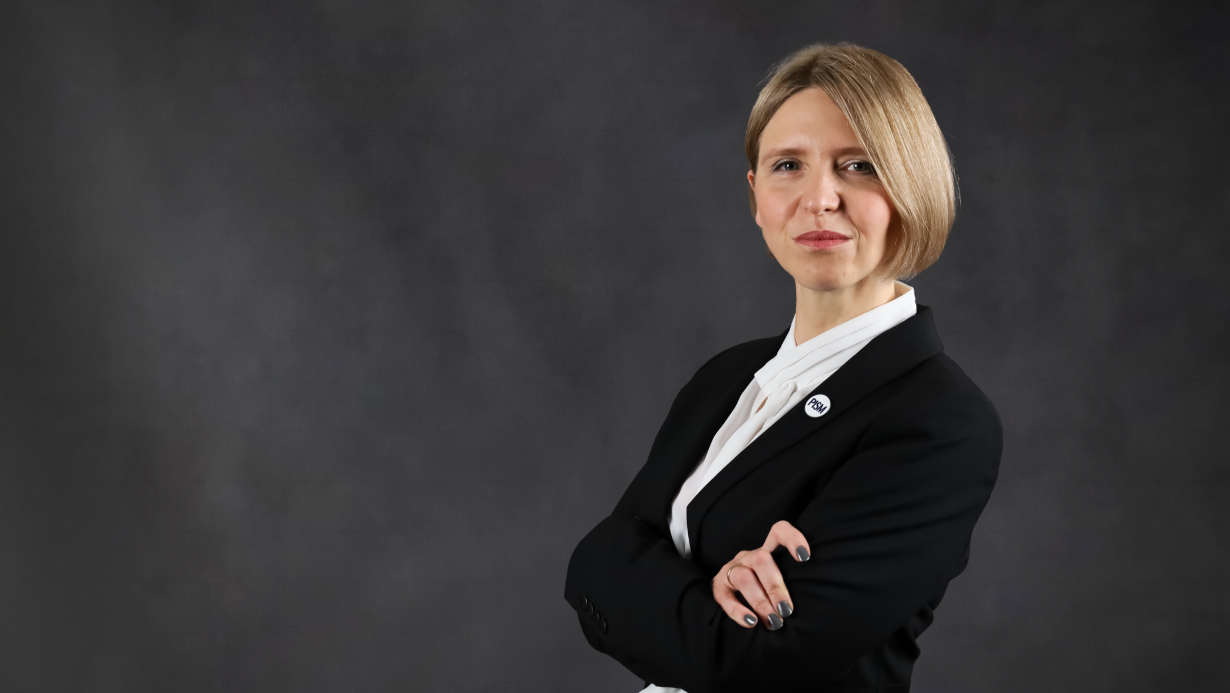Russia’s Flailing EU Policy

Russia’s Goals Towards the EU
Russia wants to permanently weaken transatlantic ties and undermine the trust of European societies in the EU and democratic institutions. Russia also tries to limit the EU’s influence in its eastern neighbourhood. The EU is second behind the United States as Russia’s most significant rival. However, in Russia’s aim to build a multipolar international order, the EU counts in situations where it undertakes close cooperation with the U.S. (e.g., in terms of sanctions or support for democratic changes). Contrary to the presidency of Donald Trump, his successor, Joe Biden, declares a return to U.S.-EU cooperation as well as supporting democracy and human rights in the world. The Russian authorities see this as a challenge to their position, especially as a significant part of Russian society demands respect for their rights and demonstrates dissatisfaction with Vladimir Putin’s long rule. Democratic values are also attractive to the societies in Russia’s neighbourhood, for example, in Belarus, which is interpreted by the Russian government as a threat, particularly via a “colour revolution” (also in Georgia and Ukraine).
At the same time, Russia aims to weaken the cohesion and credibility of the EU. It uses energy cooperation, including Nord Stream 2 (NS2) pipeline project connecting Russian gas directly to the German market. Among its goals for NS2, Russia aims to divide Germany from the U.S. and the countries of Central and Eastern Europe (including Poland). It hopes that the German government will negotiate with the new U.S. administration an easing, or at least halt to sanctions, and will support Russia’s operation of NS2 without regulations, such as transit through Ukraine. Russia is also trying to undermine the Union’s crisis-management capabilities. For example, when providing assistance to some Member States during the pandemic, such as healthcare equipment for Italy or vaccines for Hungary and Slovakia, Russia simultaneously spread disinformation and bypassed the procedures provided for by the European Medicines Agency.
Russia’s key goal is to get EU sanctions introduced after the annexation of Crimea in 2014 lifted. To influence the internal EU process, Russia uses bilateral contacts with selected Member States, attracts European supporters of the dialogue with Russia by granting them preferences as foreign investors, including the French in the Arctic. Russia also uses quasi-legal bribery, for example, the former German chancellor became chairman of the board of directors of Gazprom, while the former Austrian minister of foreign affairs was offered a spot on the board of directors of the Russian company Rosneft, both lucrative positions.
Russia also aims to build economic independence from the EU and diversify its trade contacts. Trade between Russia and the EU fell from €313 billion in 2013 to €174 billion in 2020. While the EU remains Russia’s most important trading partner, the latter is deepening cooperation with China and increasing its dependence on Chinese technologies. In 2013, the volume of Russia’s trade with the EU was five times greater than with China, but by 2020 it was only twice as large.
Change of Russian Policy Towards the EU
The consequences of Navalny’s poisoning were decisive for a revision of Russia’s policy towards the EU. In September last year, German Chancellor Angela Merkel publicly confirmed that the oppositionist, who had been treated in Germany, had been poisoned with the nerve agent Novichok and blamed the Russian authorities for the attack. Germany and France both accused Russia of re-using the banned chemical weapon (after it was used to poison Sergei Skripal and his daughter in the UK in 2018) and imposed further EU sanctions, including on six high-ranking Russian government officials. The represented a complete failure of Russian diplomacy since the start of the COVID-19 pandemic to improve relations and get the previous sanctions lifted.
Then, in August, in reaction to EU statements on the political crisis in Belarus after the rigged presidential elections there, Russia reacted strongly. The EU offered support for Belarusian civil society and refused to recognise Alexander Lukashenka’s victory. The Russian authorities claimed that the EU was trying to undermine Russia in Belarus with the future goal of a political “coup” in Russia.
Manifestation of Russia’s confrontational attitude towards the EU came during a visit to Moscow of EU High Representative for Foreign and Security Policy Josep Borrell in February this year. During the meeting, Russian Minister of Foreign Affairs Sergey Lavrov, stated then that the EU was not a reliable partner and accused it of colonialism, as well as interfering in the internal affairs of other countries. During the talks, three diplomats from EU member states (including Poland) were expelled from Russia for their purported participation in the protests against Navalny’s conviction. At the same time, Lavrov warned that in the face of further EU restrictions, Russia is ready to sever diplomatic relations with the Union. Although the Kremlin spokesman later softened his statement, there is consensus among the ruling elite in Russia regarding a firm approach to the EU. This is because the anti-West rhetoric favours the legitimacy of the authorities, who the pro-government media present as defenders of conservative values in a supposed clash with a “spoiled West”. This sentiment has carried over to the general public, with Levada Center polls showing fewer and fewer Russians feel European—from 52% of respondents in 2008, to only 29% in 2020.
Conclusions and Perspectives
Russia recognised that, as a result of the COVID-19 pandemic, the EU would be politically weaker, which would allow Russia to undermine its position in the world and make it difficult to coordinate with the U.S. The Russian authorities assessed that the next EU actions, due to differences of opinion between the Member States, would be symbolic and probably limited to declarations on combating Russian disinformation.
Faced with the failure to get the EU sanctions lifted, Russia has decided that any improvement in relations with the EU will not take place soon, but that the confrontation should bring tangible benefits. In the face of Russian pressure, supporters of the dialogue with Russia (particularly in France and Germany) or countries benefiting from cooperation with Russia (Hungary, Slovakia) will not pressure that country on democratisation nor protection of human rights, including the Navalny’s release. Russia also counts on EU passiveness in the Eastern Partnership (EaP) countries, especially in Belarus and Ukraine. This allows the Russian authorities to increase pressure on EaP state authorities, for example, through armed provocations (e.g., in Donbas) or the seizure of Belarusian assets. It also makes it easier for Russia to strengthen its military position in the South Caucasus (e.g., through peacekeeping in Nagorno-Karabakh).
Russia will continue to accuse the EU of interfering in its internal affairs and spreading disinformation. To fight these external influences, the Russian authorities will keep repressing their fellow citizens, for example, by designating various groups as a “foreign agent” and limiting their political activity. This is aimed to give the government control over internal tensions in the context of the upcoming parliamentary elections in September.
Russia probably will not sever diplomatic relations with the EU because it would hinder its economic contacts with the Member States, as trade policy is the sole competence of the European Union. Moreover, doing so would complicate Germany’s promotion of the NS2 gas pipeline, as it argues that the project is an important element of political cooperation with Russia and an instrument of influence on the Russian government. China will not be the balance to the EU’s position in trade with Russia in either the short or medium term.
The deepening of divergences between Russia and the EU in the area of human rights and democratic standards will create tensions in mutual relations. Polish diplomacy may use public discontent in Russia to establish closer contacts with the non-systemic opposition in order to weaken Putin’s authoritarian rule. The strengthening of the Putin regime will lead to a continuation of the confrontational nature of Russian foreign policy. Poland may also press for an extension of EU sanctions against those responsible in Russia for conducting and financing its aggressive policy. During all this, and in the face of Russia’s offensive stances, the EU should not deviate from supporting the states and civil societies of Eastern Europe.


